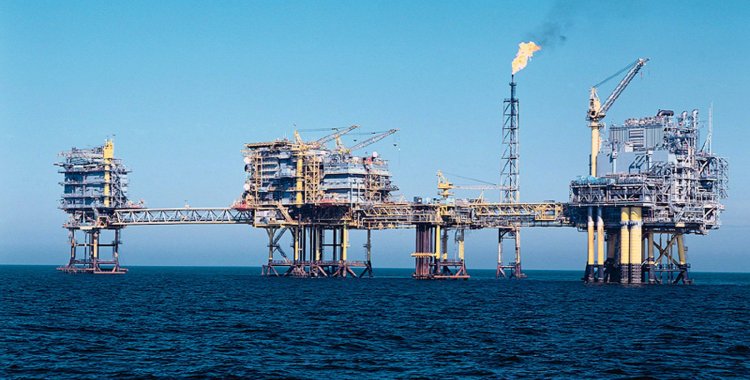"The blow of the coronavirus (covid-19) pandemic on world oil prices has once again underlined the need for Angola to diversify its economy," thus becoming less dependent "on volatile" oil exports, the United Nations Conference on Trade and Development (UNCTAD) said in a statement issued Thursday.
In the statement, UNCTAD explained that with the closure or slowdown of production by companies around the world, crude oil prices fell in March to a minimum of 18 years, which means even more "instability for the Angolan economy, in recession since the oil collapse in 2014-2016, which put a brake on a decade of exceptional growth.
"Diversifying Angola's economic structure, away from its strong dependence on oil, is fundamental for increasing competitiveness and helping the country to reduce its vulnerability to external shocks," said Paul Akiwumi, head of UNCTAD's Africa and Least Developed Countries division, cited in the note.
For him, "the current crisis of covid-19 puts this need at the centre of attention," he stressed.
"Angola is rich in natural resources and has many other products to offer consumers around the world. But local companies are struggling to develop and export their products due to slow and costly import and export procedures," said Akiwumi, noting that Angolan producers face challenges in the movement of their goods both within the country and across borders.
The note also noted that Angola was ranked 177th out of 190 countries in the 2020 edition of the World Bank's Doing Business report, according to which export procedures in the country cost 240 dollars and take 98 hours, against an average of 173 dollars and 72 hours for sub-Saharan Africa.
But it also points out that it is supporting, through a project financed by the European Union, the government's efforts to diversify the economy.
The 'Train For Trade II' programme for Angola helps the authorities to identify promising non-oil sectors, train entrepreneurs and business owners, consider policies to promote investment and improve commercial infrastructure, he said.
Many of the reforms needed to improve conditions for Angolan companies, such as automating customs procedures or creating a one-stop shop, are addressed by the World Trade Organization's Trade Facilitation Agreement, which Angola ratified in April 2019.
"Angola, with its high potential in terms of natural resources, including agriculture, fisheries and energy, has some of the greatest possibilities for benefiting from the reforms included in the agreement," said the EU ambassador to Angola, Tomás Uličný, also cited in the note.







